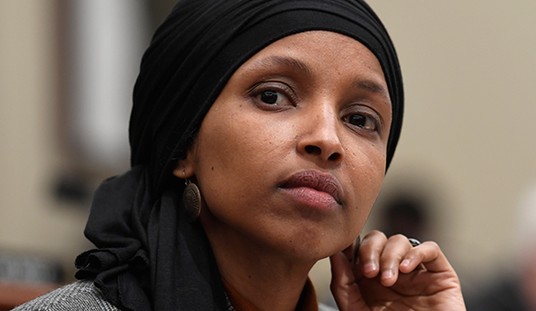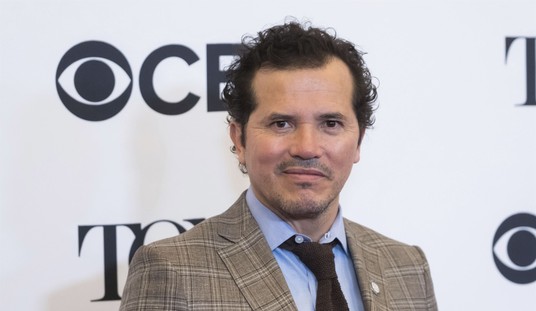
Some patients stick in one’s mind longer than others. I remember, for example, a Welshman with the sing-song intonation of the Welsh who told me on his arrival in hospital that he needed his diazzies [diazepam], and temazzies [temazepam] and his flurazzies [flurazepam] and his lorazzies [lorazepam] and his bromazzies [bromazepam] and his oxazzies [oxazepam]. All these are tranquilizing drugs of the benzodiazepine group, and need was not quite the word for his consumption of them.
On another occasion a patient, a heroin addict, accused me of murdering him because I would not prescribe diazepam for him. In actual fact, I believed that precisely the opposite was almost the case: that if I prescribed for him what he wanted, his chances of dying by overdose, intentionally or unintentionally, would be much increased.
A paper in a recent edition of the British Medical Journal suggests that I was right. It examined the question of whether people prescribed opioid analgesics were more likely to die of overdose if they were also prescribed benzodiazepine tranquilizers than if they were not.
The authors examined the records of patients treated in the U.S. Veterans Administration system between the years 2004 and 2009. Their sample was of 422,786 patients who were prescribed opioids at some time in those years, a figure which I found prima facie astonishing, though perhaps wrongly. Of those 422,786, 2,400 died by overdose, and the authors compared the rate of prescribing of benzodiazepines in addition to opioids among those who had died by overdose with those who had not. What they found was that those who were prescribed both classes of drugs were 3.86 times as likely to die by overdose as those who were prescribed opioids alone. More surprisingly, perhaps, was the fact that those who had ever been prescribed benzodiazepines as well as opioids, but were not currently in receipt of a dual prescription, were 2.33 times more likely to die by overdose than those who had never received a dual prescription.
For a number of reasons these results do not show, in the strictest pharmacological sense, that dual prescription causes additional deaths, the most important of which is that patients prescribed benzodiazepines (usually to calm them down, or get them out of the doctor’s office without a terrible scene taking place) may be more psychologically disturbed than those not prescribed them, and therefore more likely to take overdoses in the first place. There is a dose-response relationship between the dose of benzodiazepine prescribed and the risk of death by overdose, but even this does not prove that dual prescription causes death, because it is likely that those prescribed higher doses of benzodiazepines are yet more psychologically disturbed.
But there are reasons for thinking that dual prescription is dangerous in the pharmacological sense, because both opioids and benzodiazepines inhibit or depress respiration and are additive in that respect, and overdoses of benzodiazepines are not dangerous except in the presence of other respiratory depressants.
So how is the fact that non-current benzodiazepine prescription adds significantly to the chances of dying by overdose? One possible explanation is that patients prescribed such drugs continue to obtain them elsewhere after their prescription has stopped (they are, after all, addictive). In the area of the city in which I used to work, wicked old ladies would sometimes sell their benzodiazepines obtained by prescription to wicked young men. Just because someone receives a prescription for a drug doesn’t mean he takes it, and just because he doesn’t doesn’t mean than the doesn’t.
On the whole I think I was justified in denying a prescription to the heroin addict who called me a murderer as a consequence. But I am not absolutely sure: I don’t know what the death rate by overdose is among those denied the prescription of benzodiazepines that they want.









Join the conversation as a VIP Member